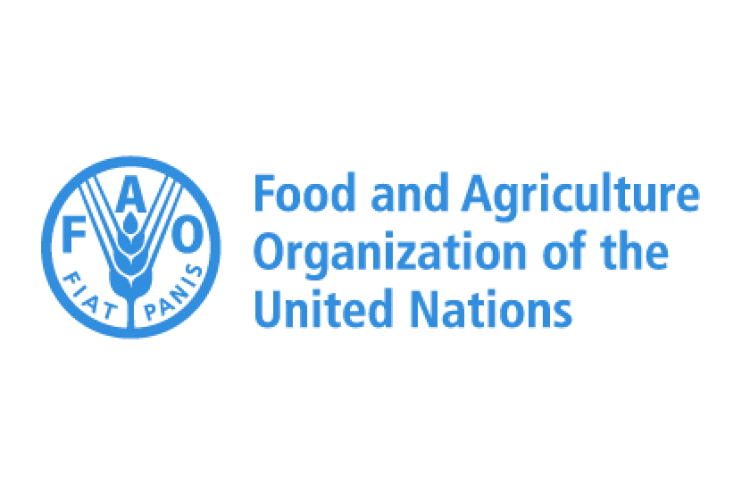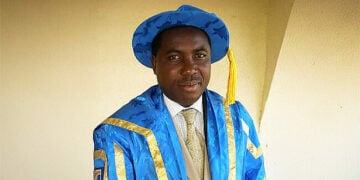The Food and Agriculture Organisation (FAO) of the United Nations has said that with 60 per cent of households experiencing food insecurity, Nigeria spends over $2 billion on fish importation to meet domestic demands.
FAO’s Representative in Nigeria and to ECOWAS, Dr Hussein Gadain, disclosed this while presenting his address at the India-Nigeria aquaculture knowledge exchange workshop held on Friday at the International Institute for Tropical Agriculture (IITA), Ibadan.
The workshop which attracted representatives from India and Nigeria focused mainly on how to reduce food insecurity especially fish consumption in both countries.
He said, “With nearly 60 per cent of households experiencing food insecurity, Nigeria spends over USD 1 billion annually on fish imports to meet domestic demand. The fisheries sub-sector contributes between 3–5 per cent to the national GDP, and fish provides almost 50 per cent of the animal protein consumed in the country – highlighting its vital role in national nutrition and food systems.
“Nigeria’s total annual fish requirement is estimated at 3.6 million metric tons, leaving a production deficit of 2.4 million metric tons. Bridging this gap is not only an economic necessity but also a nutritional priority.”
Speaking at the workshop, the WorldFish country representative, Dr Charles Iyangbe, posited that, “India and Nigeria share much in common: both are dynamic nations with vast populations, growing food demands, and rich aquatic resources.
“Yet, we also share the pressing challenge of ensuring that these resources are harnessed sustainably, equitably, and in a way that builds resilience for the future.”
According to him, WorldFish, a non-profit international research and innovation organisation, is dedicated to harnessing the potential of aquatic foods to nourish people, boost incomes, and restore ecosystems.
He said, through initiatives such as the Genetically Improved Farmed Tilapia (GIFT) programme, digital biosecurity, promotion of local feed solutions and capacity building for women and youth in fish processing and aquaculture enterprise, “We are helping to build a more inclusive and climate-resilient aquaculture sector.
“Our vision is clear: a world where sustainable aquatic food systems reduce poverty, improve nutrition, generate jobs, and strengthen resilience against climate change.
“This vision cannot be achieved by working in isolation. It demands collaboration – across governments, research institutions, the private sector, and development partners. And that is why today’s dialogue between India and Nigeria is so important.
“Over the course of this workshop, we will exchange knowledge and explore opportunities in areas such as: sustainable aquaculture technologies and practices, investment and market development, capacity building and institutional partnerships, and strategies for climate adaptation and value chain integration.”
He added that by fostering these connections, they are not only shaping Nigeria’s aquaculture future, but also positioning both our countries as leaders in South–South cooperation for food security.





